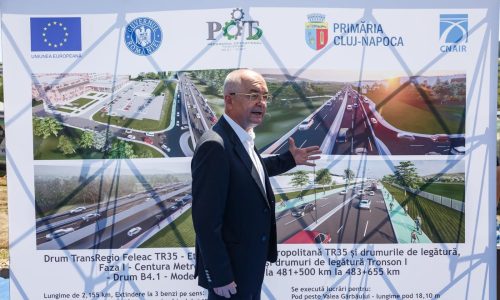The Romanian Ministry of Finance's recently unveiled regulatory provision for imposing a 70% tax on undeclared incomes, effective from July 1, 2024, raises substantial interpretive challenges. A key concern is the interpretation of the phrase “incomes from unidentified sources,” a term retained from previous regulations but which now carries increased significance given the substantial rise in tax stakes for both taxpayers and fiscal authorities.
The implementation timing of this increased tax rate and the pressure it places on taxpayers to declare their incomes and secure the standard 10% tax rate are notable concerns. A pressing question is whether a taxpayer’s voluntary compliance effort to declare incomes before the new law takes effect would ensure the application of the 10% rate, or if authorities might later challenge the source of the income during audits to apply the higher 70% rate.
In the broader discussion, this issue gains importance in scenarios where taxpayers voluntarily declare certain incomes under the general category of “other sources of income,” as outlined in Article 114 of the Fiscal Code. This category includes various incomes not specifically defined in other sections of the Fiscal Code, without an exhaustive list. If fiscal authorities, during an audit, cannot definitively identify the origin of these declared incomes, could this lead to the application of the 70% rate?
The answer depends partly on additional specifics in Article 117 of the Fiscal Code, amended by Law 296/2023. This article stipulates that “any incomes identified by fiscal authorities, under the conditions of the Fiscal Procedure Code, whose sources have not been identified, will be taxed at a rate of 70% applied to the adjusted tax base.” This text provides a necessary backdrop for interpretations that could offer possible resolutions.
Possible Interpretations
One potential interpretation is that the final determination of an income source is made during fiscal authority audits and is not solely dependent on a taxpayer's prior declaration (i.e., the source can be reclassified by fiscal authorities during an audit). This view aligns with the literal interpretation of Article 117, which mentions an unidentified source rather than non-declaration, emphasising that source identification involves a substantive determination of the income’s origin, which is not fulfilled merely by formally declaring it under the general category.
Thus, a situation may arise where, despite a taxpayer’s declaration of income, fiscal authorities are unable to verify its origin with the provided documents and explanations. This legal interpretation suggests that failing to establish the income's origin and a reclassification of its source by fiscal authorities (from the one indicated by the taxpayer in their declaration to unidentified) meets the legal conditions for taxing these incomes at 70%.
Conversely, another answer could be based on the premise that declaring incomes represents a key element in identifying the source, and such an action is sufficient to guarantee the application of the general 10% tax rate. In this scenario, any subsequent findings by control bodies regarding the lack of clear indications about the income’s origins would not result in the application of the higher 70% tax rate, as this issue could be subject to further investigations into the legality of the incomes.
This interpretation finds support in the wording of Article 117, as the increased tax rate of 70% can only be applied if there is an adjustment of the tax base. Declaring incomes under the “other sources of income” category results in the application of the general 10% tax rate for these incomes. The lack of certainty about the origins of the incomes and the possibility of their reclassification into another category defined by the Fiscal Code would not result in taxation at a higher rate (i.e., greater than 10%) or relative to a larger base (since taxation of other sources of income generally occurs at a base equal to the gross income, with deductions possible only for specific subcategories of other income sources).
Up until the new tax rate becomes effective on July 1, 2024, individuals potentially affected are advised to carefully review their fiscal situation and consider the scenarios outlined above.



